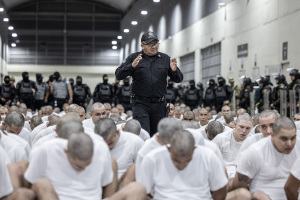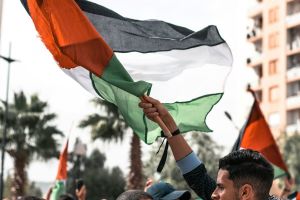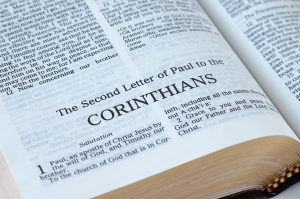Eritrea Forcing Christian Ministers into Military Camps
The Eritrean government is reportedly sending some leaders of the Eritrean Orthodox Church to military training camps, a persecution watchdog group reported.
On Thursday, a small number of church priests and deacons were given replacement identity cards, exempting them from military training, but the majority of church leaders did not receive the updated identity cards and are now required to go to military training camps, according to International Christian Concern.
The largest Eritrean Orthodox Church in the country, St. Mary, is located in capital city Asmara. St. Mary had 96 ministers, but only 10 of them were issued IDs that exempted them from military training.
Similarly, in rural areas, where most Orthodox churches are located, the maximum number of priests and deacons allowed to serve in any church is 10. The rest are expected to report for military service if they are under the age of 50.
Besides churches, the new campaign also forces many in Orthodox monasteries to be conscripted into the army.
In 2006, the Eritrean government had informed churches of its decision to rescind a long-standing exemption of clerics from compulsory military service.
The Roman Catholic Church in Eritrea was the only church to express strong public opposition to the unprecedented action.
In contrast, top leaders of the Eritrean Orthodox Church, who were hand-picked by the government, readily agreed to the new policy. As a result, officials are now forcibly recruiting church ministers into military service on a wide scale.
The persecution of the Orthodox Church is a relatively new move by the Eritrean government. Previously, officials focused crackdown efforts on "unregistered churches," which are mainly evangelical.
But over the last two years, the government has tightened its grip on the Eritrean Orthodox Church, the oldest and most established religious institution in the country.
His Holiness Patriarch Abune Antonios, the head of the Eritrean Orthodox Church, has been under house arrest since January 2006 after he openly criticized the government's interference in church affairs. The government also responded by replacing him with a hand-picked pontiff.
Almost 45 percent of the Eritrean population belongs to the Eritrean Orthodox Church.
The U.S. Commission on International Religious Freedom has for three straight years listed Eritrea under "Countries of Particular Concern" (CPCs) – the label given to the worst religious freedom violators.
It is estimated that some 2,000 Christians are currently detained without trial or charge in Eritrea with some in metal containers and others routinely tortured.





























